Indonesia Faces Worst Human Rights Setback Since Reform Era, Says Amnesty
JAKARTA,RAKYAT NEWS – One year into the Prabowo Subianto–Gibran Rakabuming Raka administration, Amnesty International Indonesia reports that the country is facing its worst erosion of human rights since the reform era. The organization highlights a dangerous shift toward authoritarianism marked by repressive policies, the militarization of civil life, and disregard for public participation in policymaking.
Amnesty criticizes the government for favoring populist, top-down policies over meaningful public dialogue. Key developments include the remilitarization of civil space, the controversial revision of the Military Law, the rehabilitation of authoritarian-era figures like Soeharto, and the increasing centralization of power. These policies often provoke public protests, which are then met with excessive force and criminalization.
Throughout the past year, 5,538 individuals have been affected by state violence during peaceful protests—including arrests, physical assault, and tear gas deployment. In the aftermath of the August protests against parliamentary benefit hikes, 12 activists were detained on incitement charges, two remain missing, and no serious investigation has been conducted into the deaths of 10 demonstrators. Instead, protesters have been stigmatized by authorities with labels such as “anarchists” or “terrorists.”
Amnesty also documented at least 119 cases of violence by security forces unrelated to protests, including extrajudicial killings and torture. Meanwhile, 268 human rights defenders—particularly journalists and Indigenous activists—have been targeted through physical attacks, criminalization, and even attempted murder. Digital harassment, including cyberattacks and the use of the Electronic Information and Transactions (ITE) Law, has also intensified.
The situation in Papua remains critical, with continued repression, unlawful arrests, treason trials, and the use of deadly force against civilians. The government’s failure to investigate or prevent these abuses perpetuates impunity. Attacks on press freedom, such as the bombing of Jubi media’s office in Jayapura, remain unresolved despite alleged military involvement.



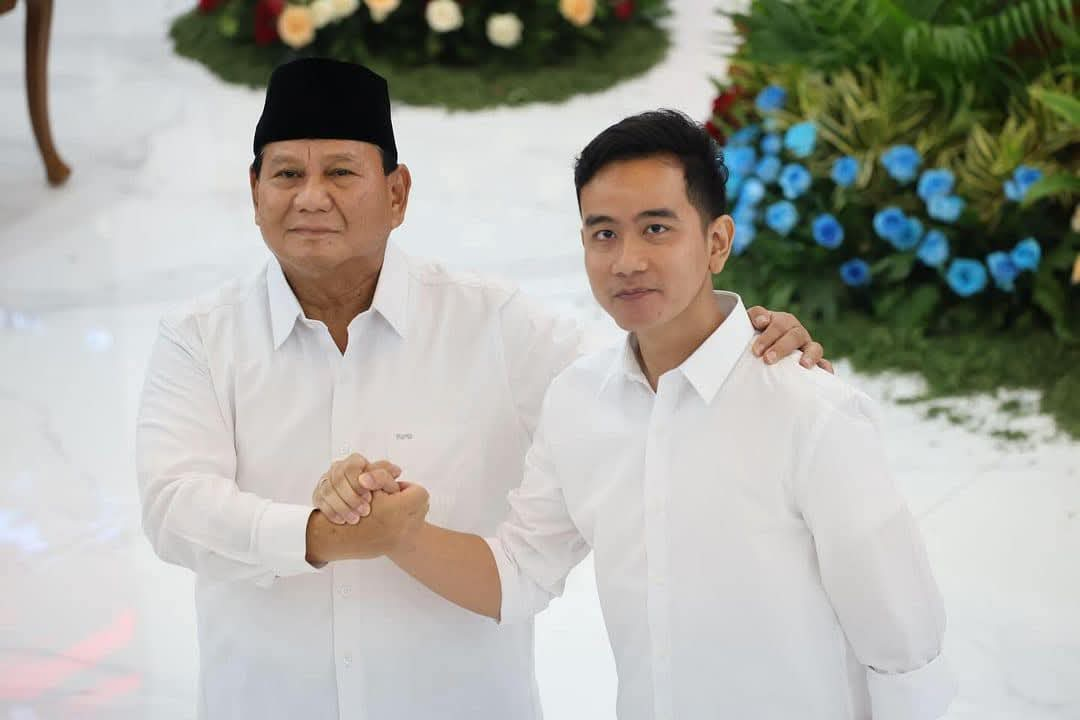





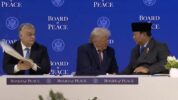
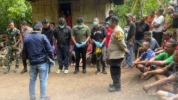


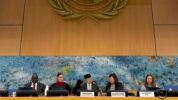
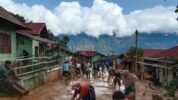











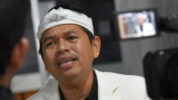
Tinggalkan Balasan